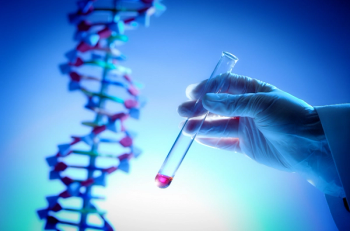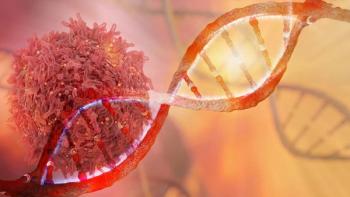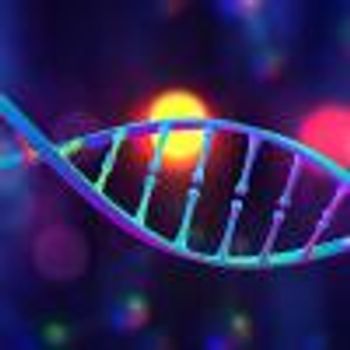
Examining Genetic Balance May Help Lead to Improved Targeted Cancer Therapies
A new study is suggesting that serial genetic changes at the KRAS locus are frequent in cancer and modulate competitive fitness and MEK dependency.
A new study is suggesting that serial genetic changes at the KRAS locus are frequent in cancer and modulate competitive fitness and MEK dependency. Researchers are
The identification of distinctive abnormalities in DNA sequences within the genomes of tumor cells from biopsy specimens is becoming a more common aid to help guide cancer treatment decisions. The authors of the study suggest that examining KRAS imbalances that emerge over time may be clinically valuable.
“Those who enter the field are taught that oncogenes represent a dominant-acting mutation that is able to help drive abnormal growth within the tumor, and that a normal copy that is not mutated doesn’t matter much,”
Shannon and colleagues investigated primary murine acute myeloid leukemias (AMLs) in KRASG12D “knockin” mice with the MEK inhibitor PD0325901 (PD901). The team identified an outlier AML that responded and exhibited intrinsic drug resistance at relapse. In addition, they found that the loss of wild-type (WT) KRAS enhanced the fitness of the dominant clone. It also rendered the dominant clone sensitive to MEK inhibition.
The investigators discovered that human colorectal cancer cell lines with increased KRAS-mutant allele frequency were more sensitive to MAP kinase inhibition. In addition, they determined that a KRAS genetic profile similar to the outlier mouse cancer was also associated with vulnerability to MEK inhibitor treatment in human colon cancer cell lines grown in the lab, but not in human pancreatic or lung cancer cell lines.
The researchers developed mathematical algorithms and software to analyze relative dosage of mutant KRAS and normal KRAS in tumor cells from biopsy samples, which contain many normal cells as well as cancerous cells. Loss of the normal copy of KRAS or duplication of the mutated copy or both was found in 55% of more than 1,100 biopsy samples from advanced, KRAS-driven human cancers originating in a variety of tissues.
Shannon notes that it was known that there were cancer cell lines that acquired more than one copy of mutant KRAS and lost the normal copy. However, he said it was rather surprising this was so highly prevalent in primary human tumors.
Newsletter
Stay up to date on recent advances in the multidisciplinary approach to cancer.



































